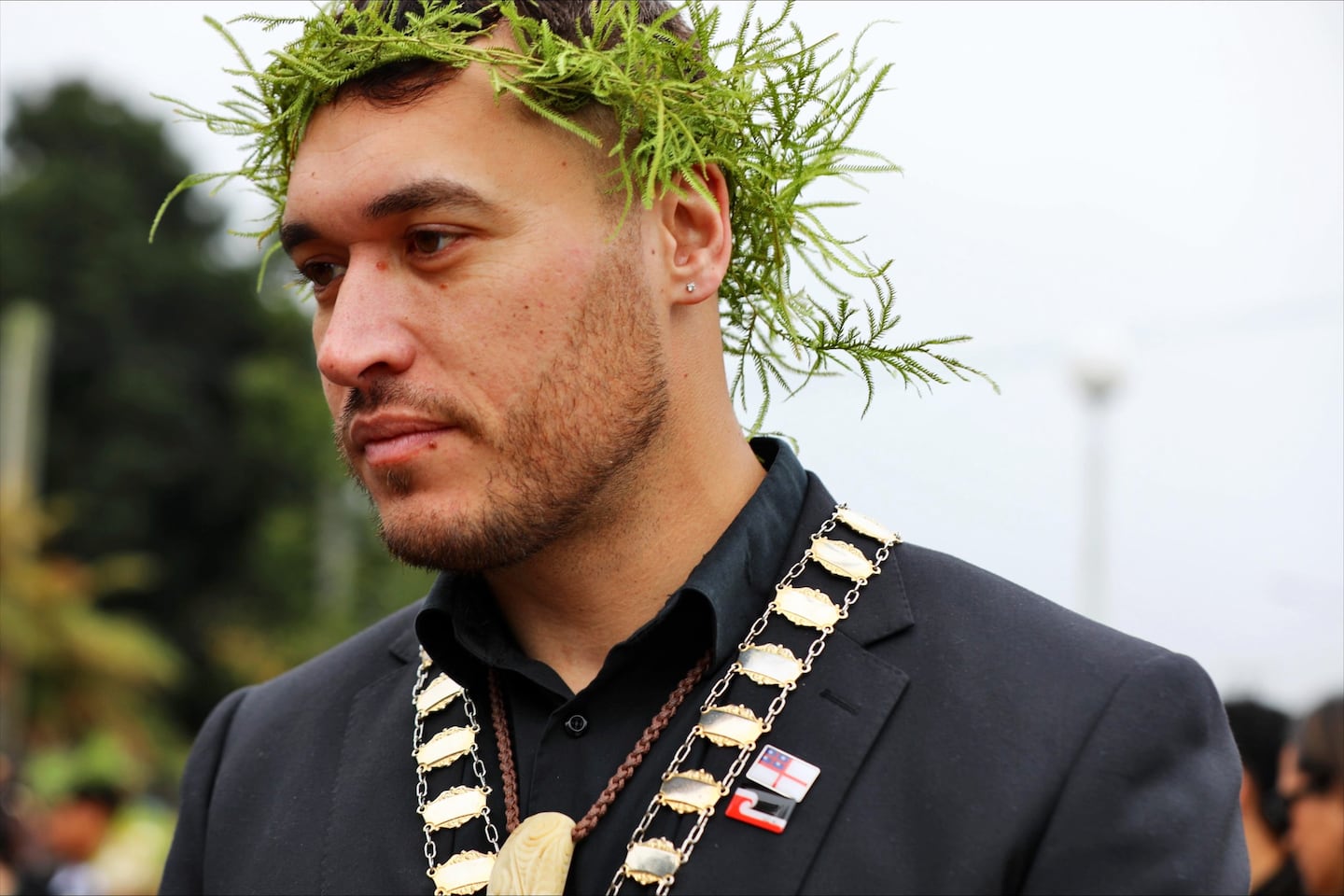The Far North District Council’s Māori ward decision meeting is being postponed out of respect for leader Kiīngi Tuheitia’s burial in Waikato on Thursday.
The extraordinary council meeting was initially to be on Thursday afternoon.
However, this is now when Kīngi Tuheitia is to be buried, after nearly a week of lying in state at Tūrangawaewae Marae where more than 10,000 mourners from as far north as Te Kao, near Cape Reinga paid their respects.
The Far North District Council meeting has been shifted to Friday morning.
Far North Mayor Moko Tepania, who attended the tangihanga on Monday, said this was out of respect for Kīngi Tūheitia through what was a moment in time that few New Zealanders would ever see again in their lifetime.
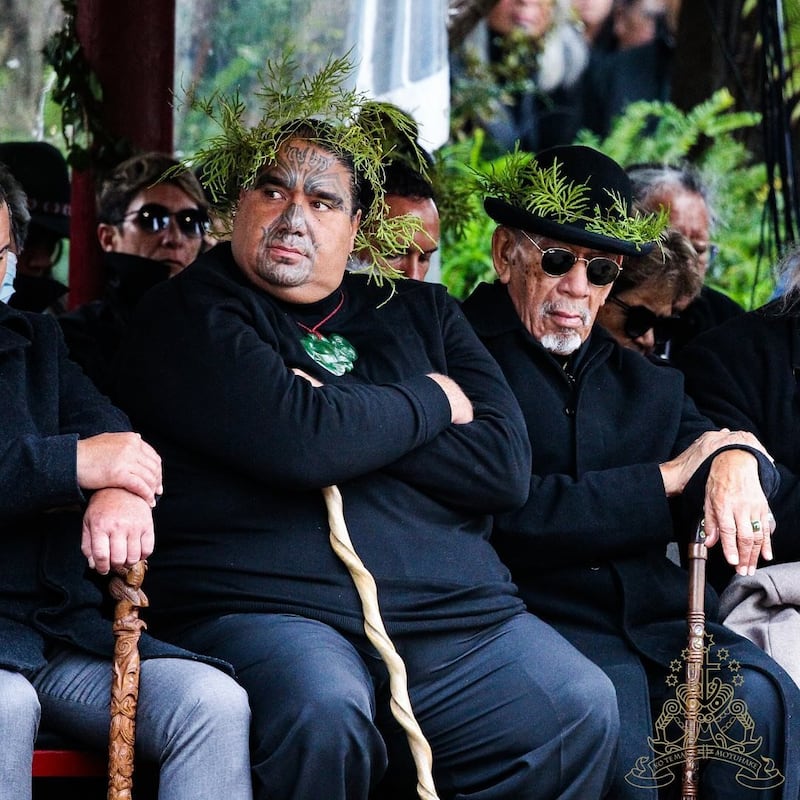
Kīingi Tuheitia had whakapapa links to the Far North’s Te Aupouri iwi.
Tepania said the 13 iwi with which the Far North council had a partnership were among those invited to the extraordinary council meeting. Postponing the meeting would allow them to follow the final days of the tangihanga and burial.
A successor for Kiīngi Tuheitia is also to be chosen on Thursday morning.
Tepania said it was extraordinary to be part of the group from Te Tai Tokerau attending the tangihanga on Monday. Kiingi Tuheitia’s words were a challenge to all New Zealanders, to unite and move forward together.
This challenge made councils’ decisions on the future of their Māori wards for the next local elections even more important.
He said the wards gave a local government voice to Māori, so all could be part of the mix, united. This was part of honouring Te Tiriti o Waitangi as was required under the Local Government Act.
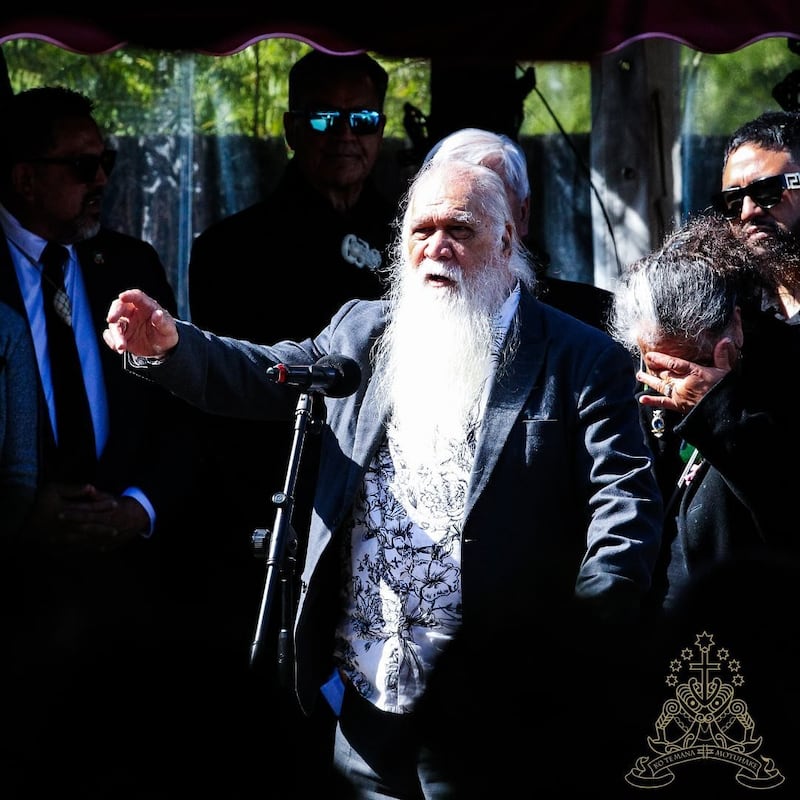
Tepania, who is also Local Government New Zealand’s Northland board member, wrote individual letters to 24 Kaipara and Whangārei district councillors ahead of their recent Māori ward decision meetings, encouraging them to vote for these electoral areas.
The Far North council’s meeting shift means it will likely be the final New Zealand council out of 45 required to decide on whether to have their Māori wards or constituencies for the next local elections under new Government rules that came into force on August 1.
Its Māori ward decision will likely be made just hours before the government’s 5pm September 6 deadline.
The council’s single Ngā Tai o Tokerau Māori ward has four councillors – Hilda Halkyard-Harawira, Babe Kapa, Penetaui Kleskovic and Tāmati Rākena - who make up 36% of the council’s councillors in a rohe where 53% of the population identify as Māori.
Just over 70 per cent of the council’s 11 politicians are Māori.
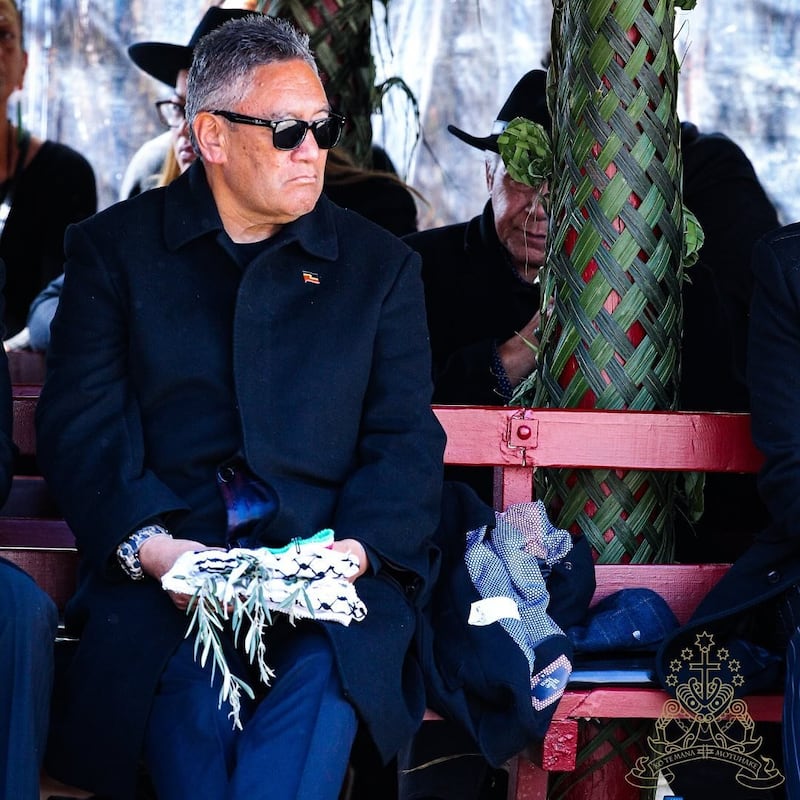
Halkyard-Harawira and Kleskovic also attended the tangihanga.
The council is expected on Friday to reconfirm its earlier commitment in favour of keeping its Māori ward, made before new August 1 legislation.
A new vote is required so the council’s earlier decision is made under the new law’s jurisdiction.
Friday’s council meeting agenda item on which councillors will vote is based on keeping the ward and polling at the next local elections in October 2025.
However, Tepania would not be drawn recently on whether his council would likely commit to the polling part of this equation at its extraordinary meeting.
He was among 600 local government leaders from more than 70 councils who recently pushed back against the new law’s polling requirement.
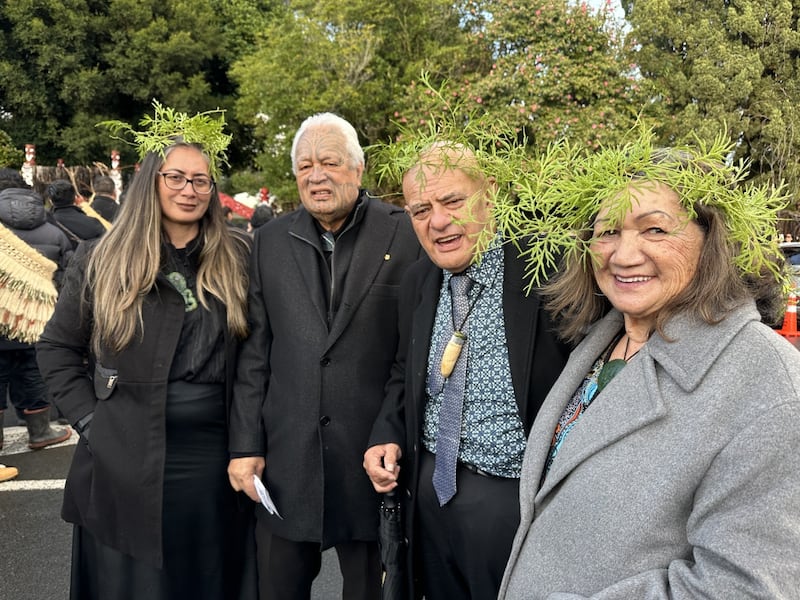
Tepania stood in the council’s Māori ward as a councillor at the 2022 local elections, also for mayor, giving up the first option once elected to the mayoralty.
The council is the last of Northland’s four councils to decide on what to do about keeping its Māori electoral area for the next local elections.
The Kaipara District Council has canned its Māori ward in a New Zealand first, the Whangārei District Council is keeping its Māori ward and polling. The Northland Regional Council is keeping its Māori constituency but investigating the legal aspects of not polling.
Northland has four Māori electoral areas with nine councillors, the Far North’s Māori ward councillors elected with the region’s highest voter turnout for these electoral areas at 24.4%.
It was the first region in New Zealand to have all its councils with Māori wards.
Māori ward councillors make up 20% of Northland local government politicians.
Local Democracy Reportng is local body journalism funded by RNZ and NZ On Air.


